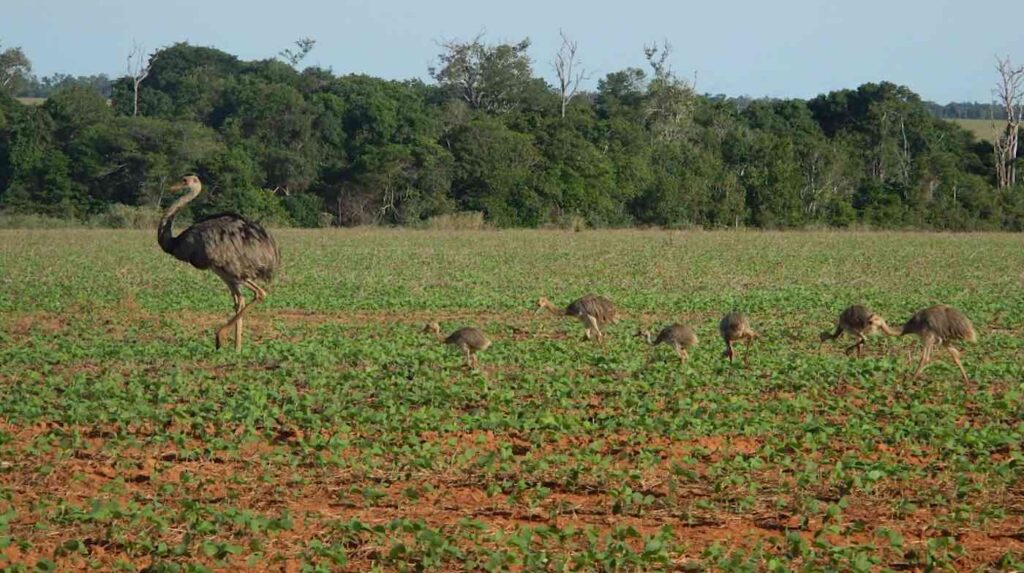
Over the last 14 years, a unique public-private initiative has reduced soy farming deforestation in the Amazon, so much so, that almost no soy coming from the Amazon currently contributes to deforestation.
It began in 2006 when Greenpeace launched a campaign exposing the damage of forest clear-cutting for soy the previous year—more than 1,600 square kilometers (nearly 4 million acres)—and demanded action to curtail the devastation.
In response to the public outcry, major soy companies in the region reached a landmark agreement as signatories to the Amazon Soy Moratorium (ASM), pledging not to purchase any crops grown on recently cleared land—and the success has been remarkable
Today, new research shows that 98.6% of all soy grown in the region complies with the moratorium.
Assistant professor Robert Heilmayr at the University of California-Santa Barbara and his colleagues at the University of Wisconsin Madison have now quantified the ASM’s effects and documented how it achieved its goals. The researchers found that while the agreement prevented millions of acres of deforestation in its first decade, the policy did not appear to hamper agricultural growth or push deforestation to other sectors […]











It is nice to see less deforestation; that is one of the many things we need to stop climate-change.